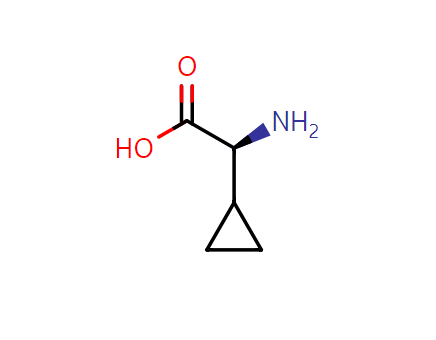Peptides are smaller versions of proteins. Many health and beauty products contain different peptides for multiple uses, such as their potential anti-aging, anti-inflammatory or muscle building properties.
People may confuse peptides with proteins. Both proteins and peptides are made up of amino acids, but peptides contain far fewer amino acids than proteins. Like proteins, peptides are naturally found in foods. Because of the potential health benefits of peptides, many supplements contain peptides that are derived from food or manufactured synthetically by the manufacturer.
In this article, we discuss the potential benefits of peptide supplements.
What are Peptides?
Peptides may help build strength and muscle mass. A peptide is a very short string of amino acids, usually containing 2-50 amino acids. Amino acids are also part of proteins, but proteins contain more.
Peptides may be more readily absorbed by the body than proteins because they are smaller and more easily broken down than proteins. They can penetrate the skin and intestines more easily, which helps them enter the bloodstream more quickly.
Scientists are most interested in bioactive peptides, or those peptides that are beneficial to the body and may have a positive impact on human health.
Different bioactive peptides have different properties. Their effect on the body depends on the amino acid sequence trusted source they contain.
Uses and Benefits
Possible benefits of peptides include reducing inflammation, improving immune function and preventing thrombosis. Peptides are often used to try to achieve the following effects.
Slow Down the Aging Process
Collagen is a protein found in the skin, hair and nails. Collagen peptides are broken down collagen that is more easily absorbed by the body. Taking collagen peptides can improve skin health and slow down the aging process.
Some studies from credible sources suggest that dietary supplements containing collagen peptides can treat skin wrinkles. Other studies have shown that these supplements can also improve skin elasticity and hydration.
Improves Wound Healing
Because collagen is an important component of healthy skin, collagen peptides can promote faster wound healing. Bioactive peptides can also reduce inflammation and act as antioxidants, thereby improving the body's ability to heal.
Antimicrobial peptides are currently being investigated, which may also improve wound healing. Very high or very low levels of certain antimicrobial peptides may contribute to skin conditions such as psoriasis, rosacea and eczema.
Prevention of Bone Loss
Trusted sources of animal studies have linked moderate intake of collagen peptides to increased bone mass in growing rats that also perform running exercises.
This study may point to collagen peptides as a useful way to combat age-related bone loss. However, more research is needed, especially in humans.
Strength Enhancement
Several studies with credible sources on older adults have shown that collagen peptide supplements can increase muscle mass and strength. In this study, participants combined the use of supplements with resistance training.
Creatine peptides may also improve strength and help build muscle. While fitness enthusiasts have been using creatine protein powders for years, creatine peptides are becoming increasingly popular.
These particular peptides may be easier for the body to digest, which means they may cause fewer digestive problems than creatine protein.
OVERVIEW
Peptides are naturally occurring in protein-rich foods. There is no need to take peptide supplements or use topical sources of peptides. There is still limited evidence that these products are effective, and more research is needed to thoroughly evaluate their efficacy and safety.
Research on peptides is still in its early stages, and in the future, scientists may discover the health benefits of different types of peptides. Until then, people should exercise caution when taking any supplement and discuss the potential benefits and risks with their doctor beforehand.
.jpg)

